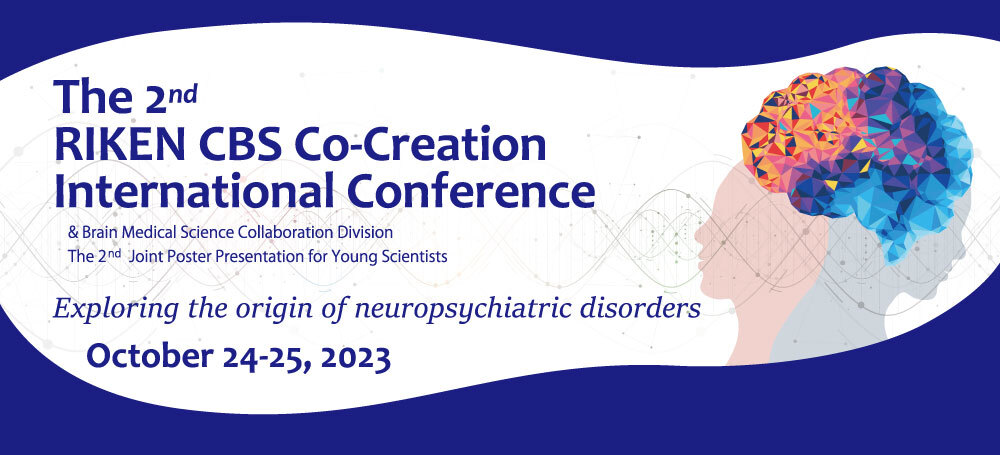

“Microglia-mediated gating of spine enlargement in the medial prefrontal cortex”
Dr. Sho Yagishita
Graduate School of Medicine, University of Tokyo
Abstract
Dendritic spines undergo structural plasticity during learning in adult mice and monoamines are known to regulate plasticity and learning. Using optogenetics and two-photon microscopy, we have shown that subsecond transients in dopamine regulate the structural plasticity of dendritic spines in the striatum for reinforcement learning. Recently, we found that noradrenaline regulates spine plasticity via cAMP regulation within microglia in the medial prefrontal cortex (mPFC). We identified the behavioral learning regulated by these signaling. Furthermore, social defeat stress impaired plasticity and learning. Thus, monoamines regulated spine plasticity through diverse mechanisms, depending on the brain region. Elucidating these mechanisms may facilitate our understanding of the symptoms and pathophysiology of psychiatric disorders.
References
- Yagishita, S. Cellular bases for reward-related dopamine actions. Neuroscience Research, 188: 1-9, 2023
- Yamaguchi, K., Maeda, Y., Sawada, T., Iino, Y., Tajiri, M., Nakazato, R., Kasai, H. & Yagishita, S. A behavioural correlate of the synaptic eligibility trace in the nucleus accumbens. Scientific Reports, 12: 1-11, 2022.
- Iino, Y., Sawada, T., Yamaguchi, K., Tajiri, M., Ishi, S., Kasai, H. & Yagishita, S. Dopamine D2 receptors in discrimination learning and spine enlargement. Nature, 579: 555–560, 2020.
- Yagishita, S., Hayashi-Takagi, A., Ellis-Davies, G.C.R., Urakubo, H., Ishii, S., and Kasai, H. A critical time window for dopamine actions on the structural plasticity of dendritic spines. Science 345:1616-1620, 2014.
Biographical Sketch
Sho Yagishita received a M.D. from the Faculty of Medicine, the University of Tokyo. He furthered his medical training as a Junior Resident at the University of Tokyo Hospital. He then joined the Graduate School of Medicine at the University of Tokyo as a Ph.D. student under the mentorship of Prof. Haruo Kasai. During this period, he delved into dopaminergic modulation of spine structural plasticity by using optogenetics and two-photon uncaging of caged glutamate. After obtaining his Ph.D. In 2016, Sho Yagishita became an Assistant Professor and subsequently a Lecturer. He broadened his research to investigate the relationship between synaptic plasticity and behavioral learning, as well as applying this understanding to analyze models of psychiatric disorders.



